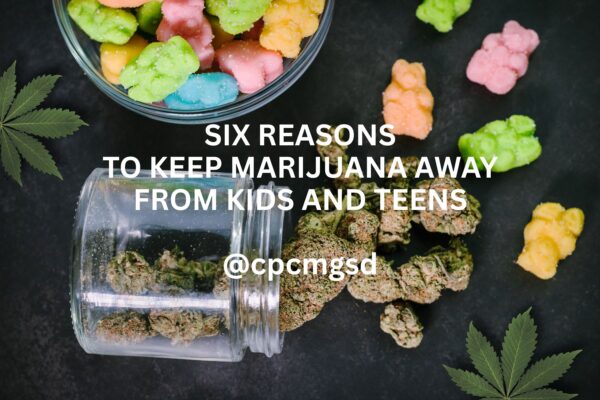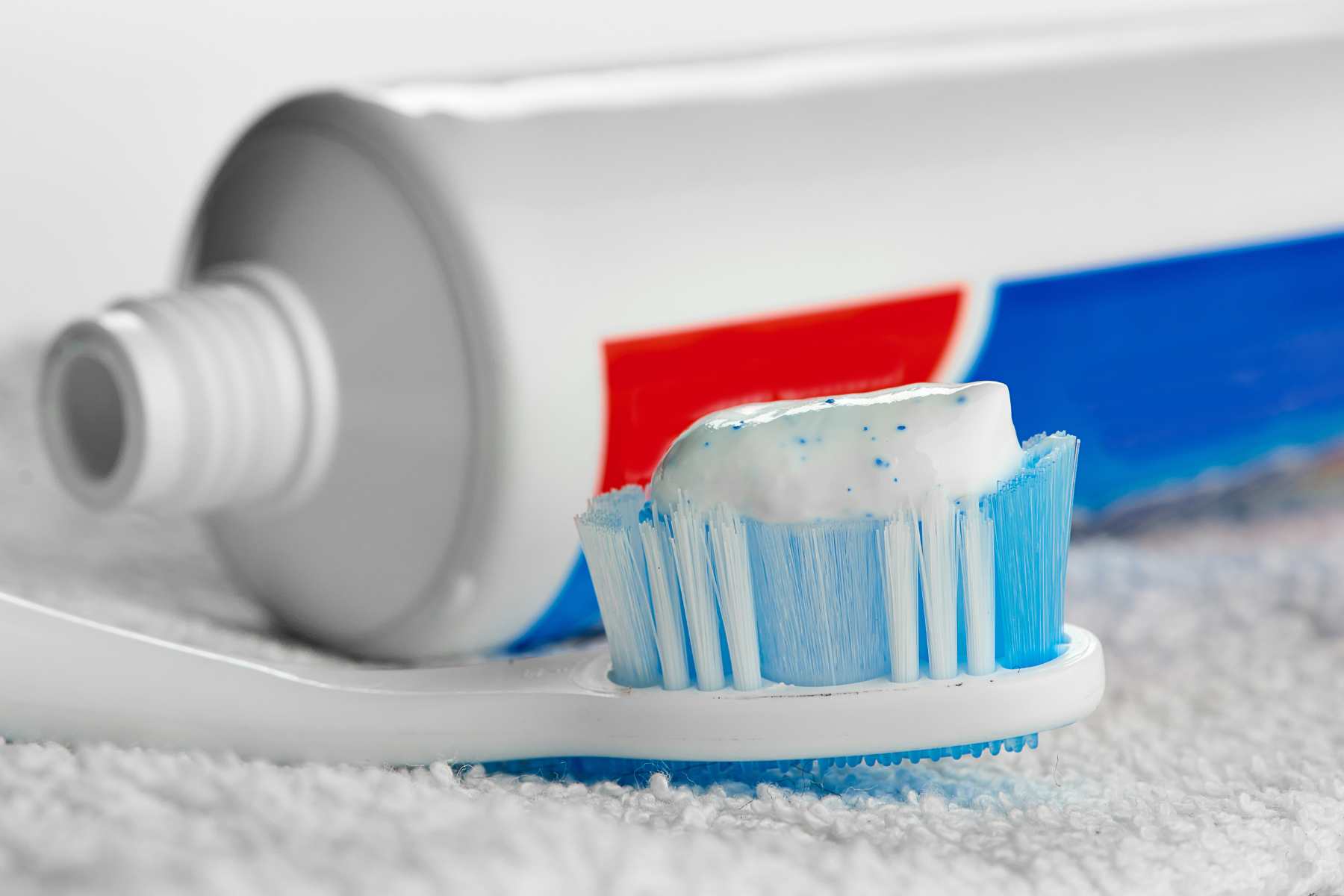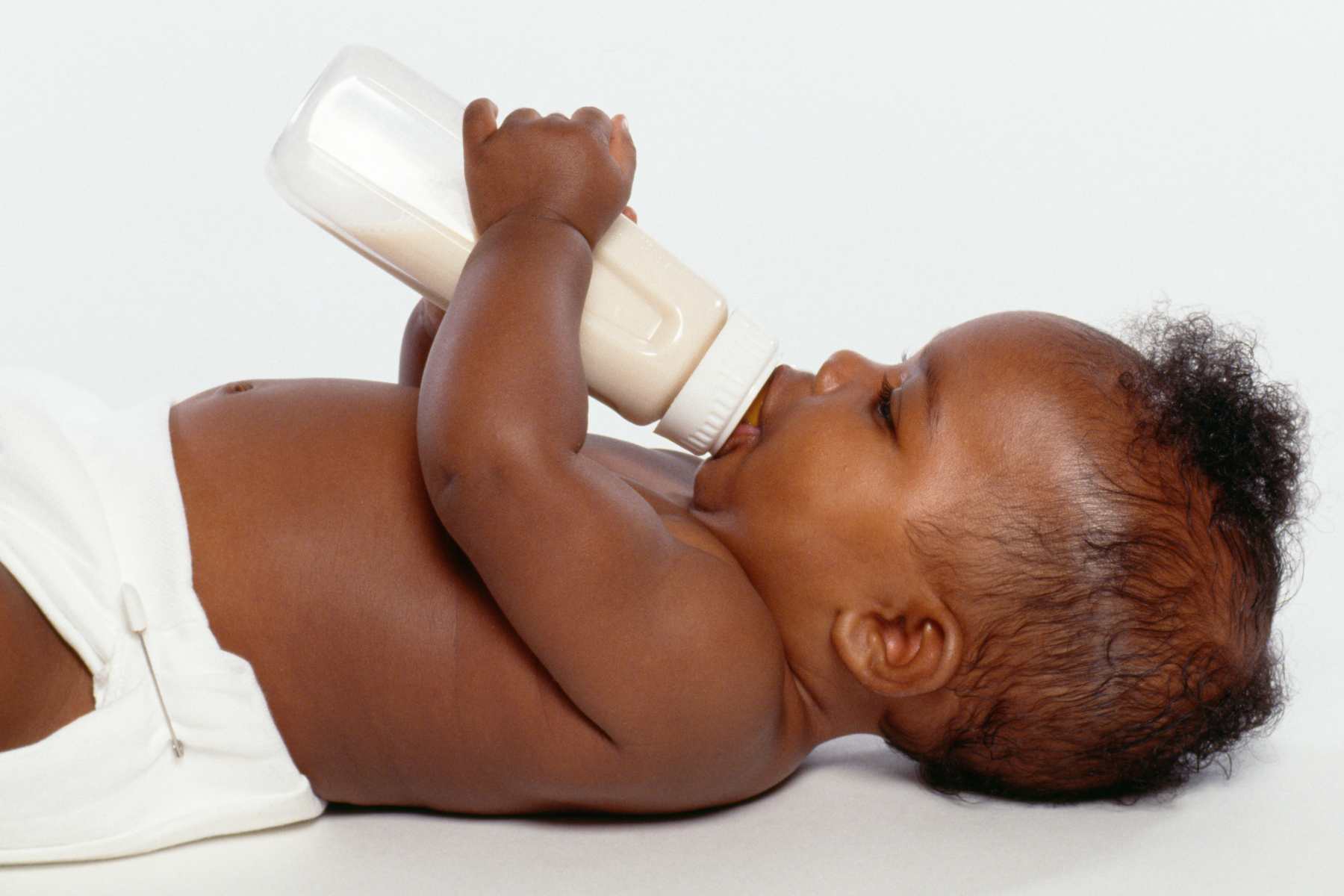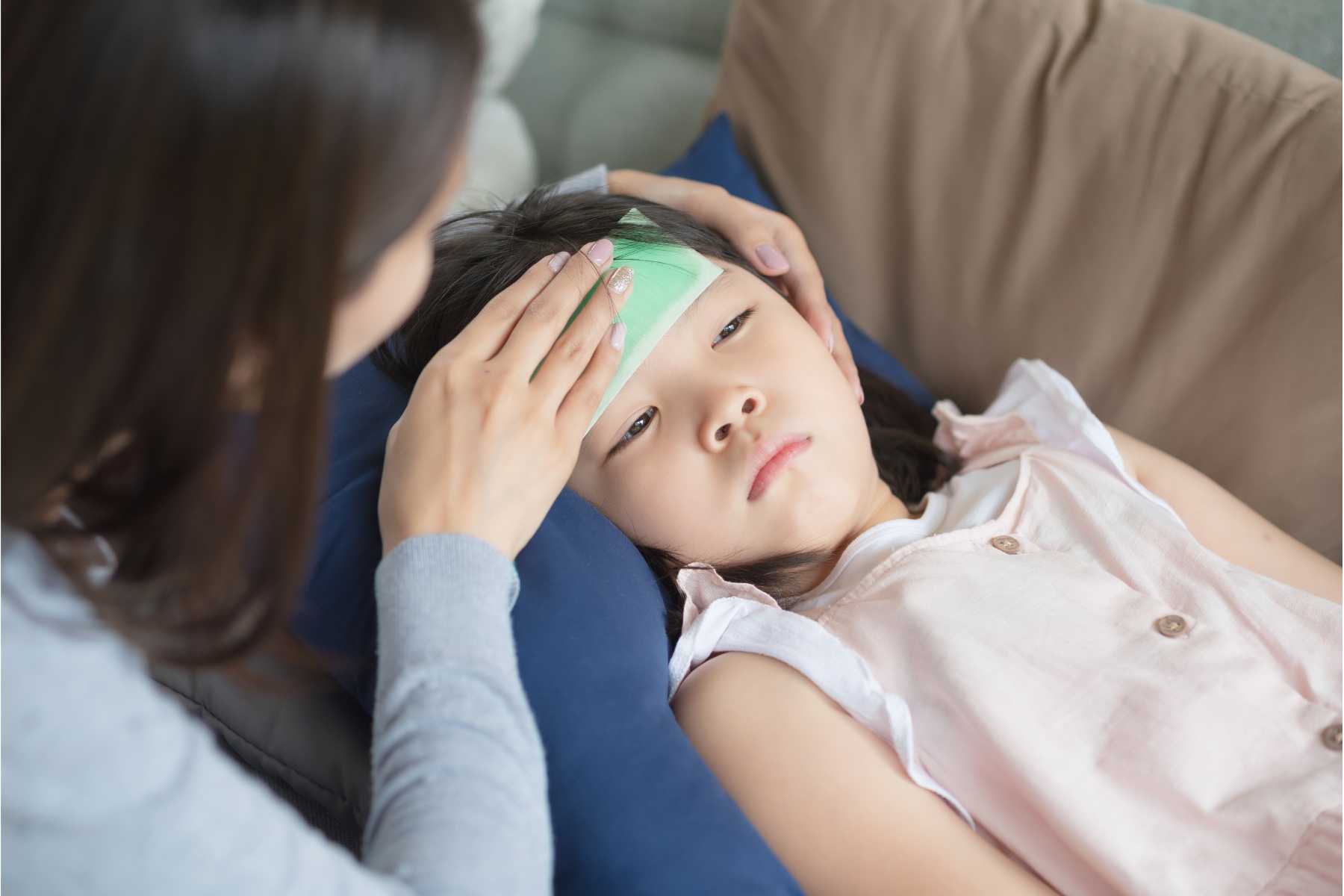SIX REASONS WHY MARIJUANA AND KIDS DON’T MIX
Even though marijuana may be legal for adults, it is not safe for children and teens. Young brains are still growing, and using marijuana can cause real problems. Here are
Continue ReadingAll About Flouride
Most of us know that fluoride prevents cavities, but did you know it can even repair and reverse tooth decay? Fluoride protects our teeth by preventing mineral loss in tooth
Continue ReadingAfraid of the dentist? How to prep for a great visit
For some adults, going to the dentist is a terrifying thing. Just imagine how kids may feel! Dentophobia, or fear of the dentist, is a real thing and can be
Continue ReadingSeven tips to avoid baby bottle tooth decay
Your child's baby teeth are important! Infants and toddlers need healthy teeth and gums to help with eating solid foods, developing language skills, and helping permanent teeth erupt in the
Continue ReadingE-BIKES:
A fun and potentially hazardous ride
Electric bikes, or e-bikes, are extremely popular for children and adults alike. They can be a lot of fun and get you from point A to point B, but are
Continue ReadingCHILDHOOD OBESITY:
What Parents Need to Know
Childhood obesity is a serious health issue in our country with one in three children and adolescents having overweight or obesity. Children diagnosed with obesity are at an increased risk
Continue ReadingFour ways to encourage healthy dental habits
Tooth decay is one of the most common childhood diseases but fortunately, there are many easy ways to prevent decay from happening. Here are four ways to encourage healthy dental
Continue ReadingHow to Manage Your Child’s Fever
Fever is a common symptom in children when they are sick and it’s defined as a temperature of 100.4 degrees Fahrenheit or higher. The most common causes of fevers in
Continue ReadingCPCMG Vista’s Saturday Clinic is moving!
Starting Saturday, January 7, 2023, CPCMG Vista’s Saturday clinic will move to the Sanford Children’s Primary Care Clinic located at 3605 Vista Way, Building B, Suite 130 in Oceanside (zip code
Continue ReadingSafe Driving During the Holidays
If you think alcohol is the only thing that can affect your ability to drive, think again. You can also get a DUI for driving under the influence of many
Continue Reading









